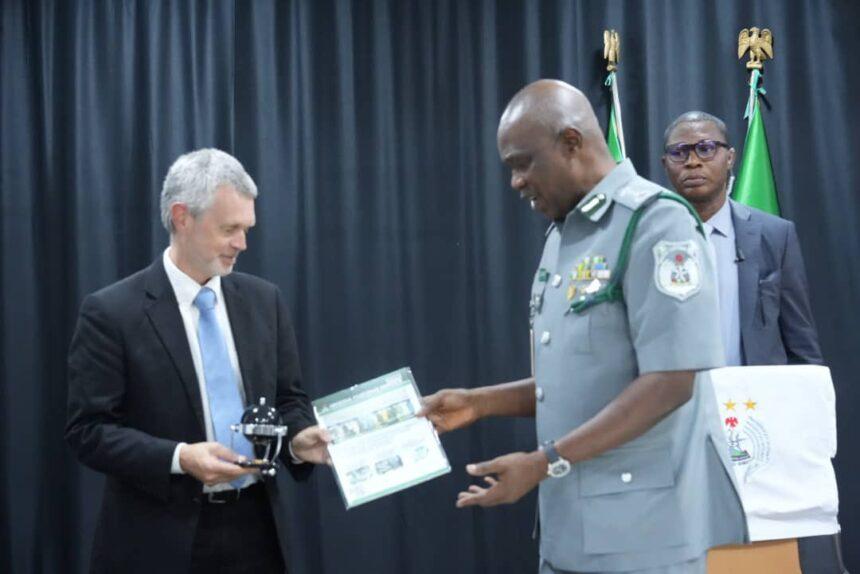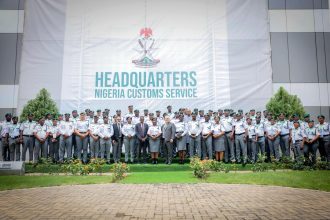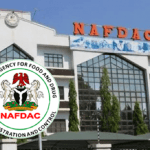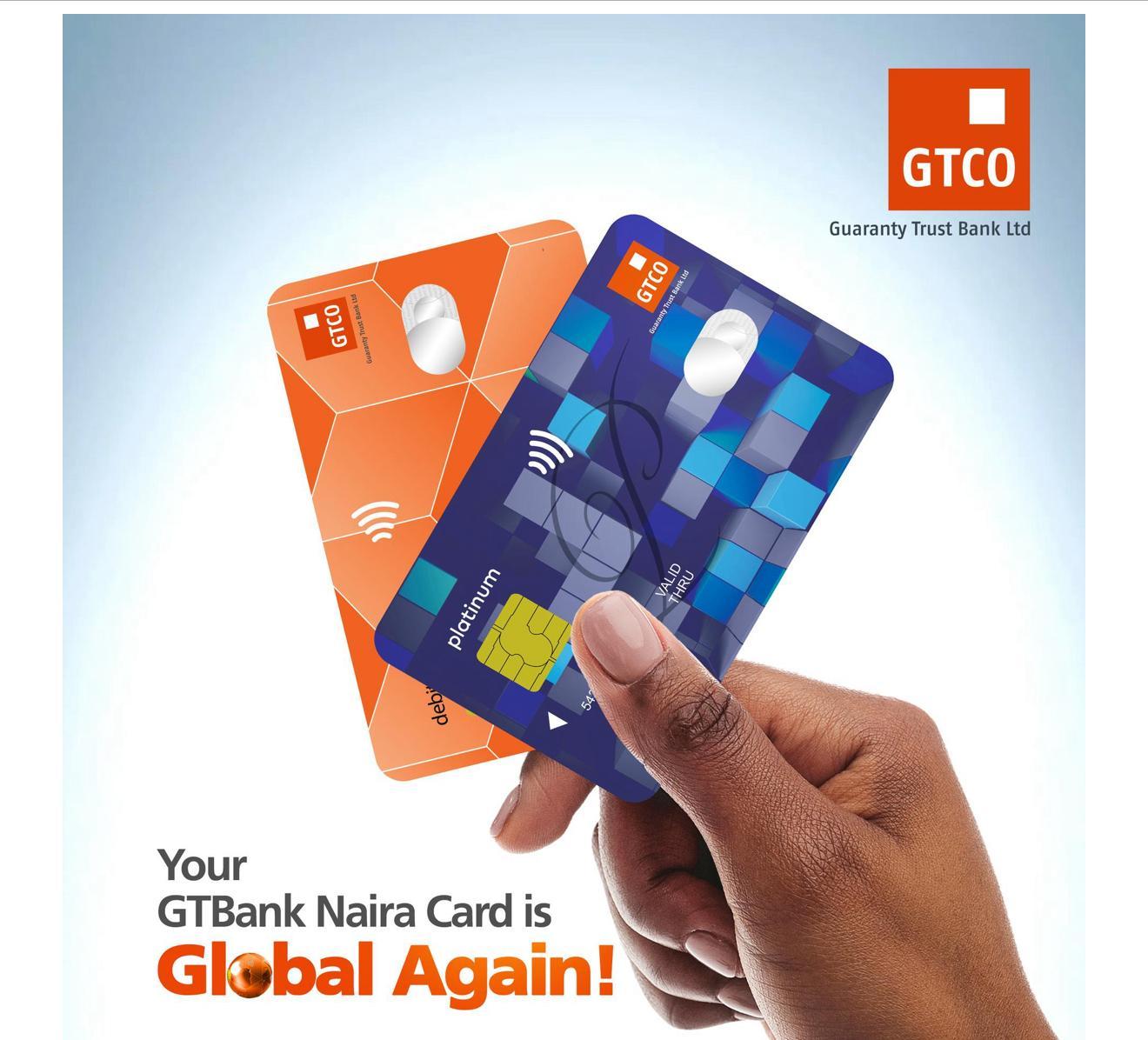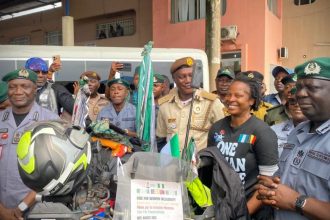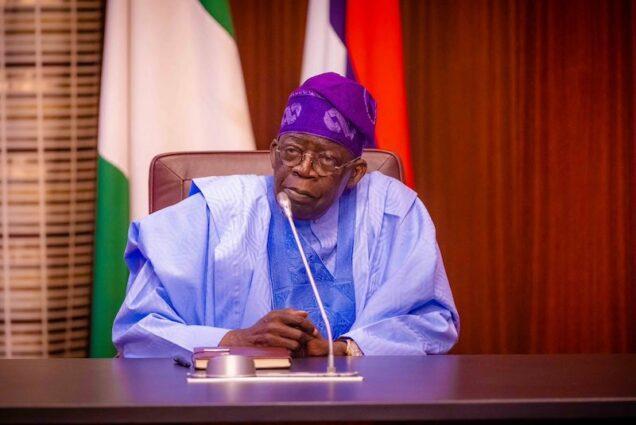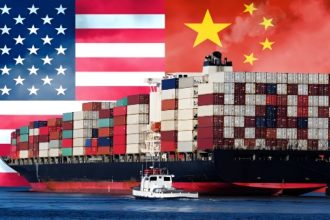The Nigeria Customs Service (NCS) has partnered with the European Union’s (EU) Directorate General Taxation and Customs Union (DG TAXUD) for effective export monitoring and trade facilitation.
Bashir Adewale Adeniyi, the Comptroller General of Customs, made this disclosure during a meeting held at the NCS headquarters on Wednesday that the service is working with DG TAXUD to improve export monitoring and paperwork efficiency.
Adeniyi asked for DG TAXUD and Customs to work together to create a framework for export commodity validation and verification. According to him, the organization is looking for a digital platform that can improve document validation.
He said, “As part of our outreach program, we are also working with other agencies of the Nigerian government so that we maximize these opportunities. In the past, we’ve had goods from Nigeria returned because of quality, storage, and all of that.
“We’ve moved to establish a one-stop-shop export seat for export documentation so that it will help us reduce the time taken for Nigerian exporters to get their goods out of our port.
“Earlier this month, we launched the Time Release Studies, which we are targeting towards importing of goods and how much it takes for businessmen to clear their goods in the port.
“We are also going to launch a similar exercise to have a scientific measure of how long and how much it costs our businessmen to export their products. The most important part is to identify if there are bureaucratic modules, procedures, or laws that are creating delays so that people can get their things off our port with speed.
“My intention for us is to have a system that is better, faster, and easier for us to confirm your request within a very short period. I want us to talk about exportation like we all talk about importation.”
Also speaking, Gary Wilkinson, who works in the Rules of Origin in the Directorate-General Taxation and Customs Union (DG TAXUD) in the EU, said the tariff discount for exported products is four percent, so when Nigerian products are exported, they get a discount.
He explained that the team’s trip to Nigeria was a component of an EU initiative for developing nations to guarantee that goods sent to the EU come from the correct place and origin.



